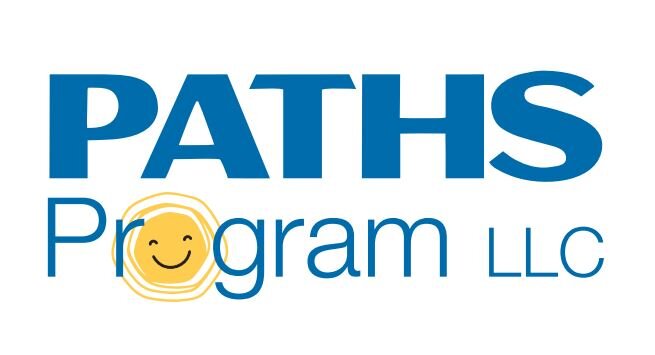PATHS® Curriculum Research
Research-Based with Proven Outcomes
In rigorous clinical studies, the PATHS® Program has been shown to:
Reduce teachers' reports of students exhibiting aggressive behavior by 32%.
Increase teachers' reports of students exhibiting self-control by 36%.
Increase students' vocabulary for emotions by 68%.
Significantly improve students' ability to tolerate frustration plus their ability—and willingness—to use effective conflict-resolution strategies.
Reduce behavior problems, such as aggression at school (for both regular and special-needs students).
Significantly decrease conduct problems and the percentage of aggressive/violent solutions to social problems.
Reduce depression and sadness among special-needs students.
Significantly increase teachers' reports of improved behavior in the classroom.**
Significantly reduce students' reports of male students exhibiting aggressive behavior.**
Improve performance on state achievement tests in reading, math, and writing.***
Increase students' scores on cognitive skills tests by 20%.
Significantly increase teachers' reports of improved academic engagement.**
* at one- or two-year follow-up, compared to matched-comparison children, supplemented with teacher training and support.
**In this study, a grade-level version of the program was supplemented with teacher training and support as well as additional interventions for students with conduct problems.
***during a 4-year implementation period, compared to matched-comparison children, supplemented with teacher training and support.
Significant Improvement in Academic Achievement
Data from more than 270,000 students was collected for a large-scale study of universal, school-based SEL programs, including the PATHS® Program. In that study, SEL students showed an 11% gain in academic achievement.
Important Results Among Low-Income Students
In a randomized controlled trial, urban low-income kindergarten students participating in the PATHS® program showed significant improvements in both social competence and behavioral problems. Specifically, teachers reported that among PATHS® program students, there was:
18% reduction in aggressive behavior.
21% reduction in internalizing behaviors (such as social withdrawal).
31% increase in overall social competence.
26% increase in regulating emotions.
35% increase in prosocial behavior (such as helping and sharing with others).
These results are important, because they show that the PATHS® program can significantly help reduce the effects of poverty on healthy brain development.
Improved Results on State Achievement Tests
A study in one major metropolitan school district found that students participating in the PATHS® Program* in grades 3 through 6 were more likely to achieve basic proficiency on their state's achievement tests in reading (grade 4), math (grade 4), and writing (grades 5 and 6), compared to students who received limited SEL instruction. In reading and math, the number of PATHS® lessons taught was a significant predictor of achievement, with students who received more lessons becoming more likely to achieve basic proficiency on the tests.
* supplemented with teacher training and support.
A Wise Investment
A Washington State Institute for Public Policy report shows the PATHS® program yields a benefit-cost ratio of $20.80 for each dollar invested, and provides long-term results!
Positive Impacts in Head Start Classrooms
A large-scale national study of Head Start classrooms found that the PATHS® program improved outcomes in student emotional knowledge and social problem-solving skills among preschool students! Among the three programs evaluated, the PATHS® program achieved significant results in the most primary targeted outcomes.
Head Start teachers also reported that students in classrooms that used the PATHS® program:
Were more likely to apply appropriate social behaviors, such as cooperating with peers and effectively resolving conflicts.
Showed improvements in learning behaviors, such as following directions and staying on task.
The study also noted that kindergarten teachers reported the expectation that fewer of the children who had participated in the PATHS® program in preschool would be held back a grade. The PATHS® program was the only one of the three programs studied to produce this result.
